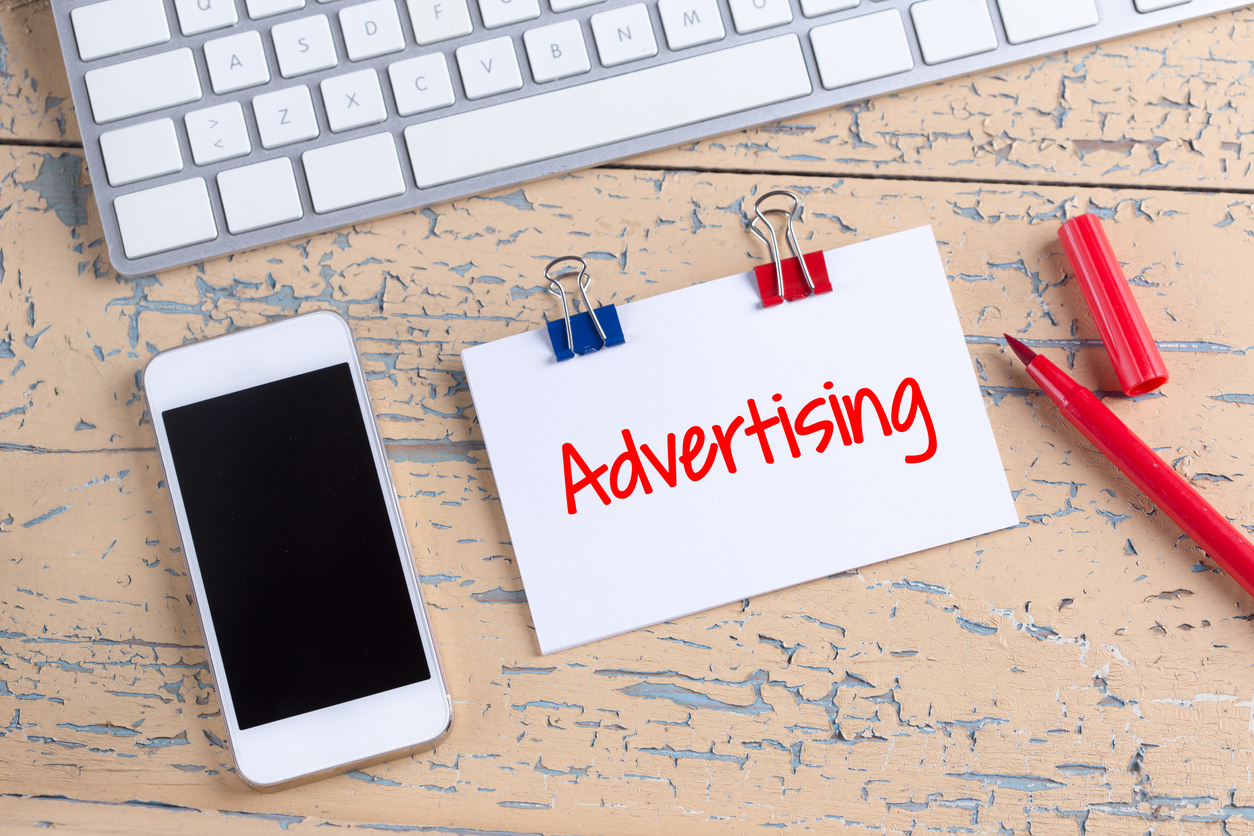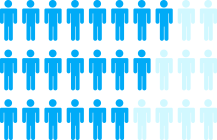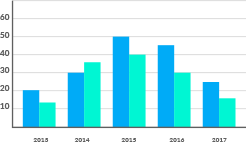How much you will pay per click and how it works
“CPC” stands for “cost per click”, i.e. the average price that you’re going to pay when someone clicks on your ad (and eventually go to your website). This average price is decided during an auction that happens within milliseconds. Essentially, everyone interested in displaying their ads for the same search terms as you will bid some sort of amount. It could be $0.20 like it could be $40.
So, for example, if you are two in town to sell white chocolate cookies, and that you two have the same keywords [white chocolate cookies], an auction will happen.
You can decide at the campaign level for the maximum amount you’re ready to pay during an auction bid – for example, $2. But it doesn’t mean that Google will have you pay for that amount.
If your ads respect the three factors of what’s called the quality score, Google will actually let you bid for a lesser price for a higher ranking position:
- If your keywords are highly relevant to what you do
- If your ads are particularly well-crafted and adapted
- If your website is tightly connected to what you’re promoting
Concretely, what it means is that even if someone else bids at $3 and that you bid at $2, if their quality score is lower than yours, they may end up at the 2nd or 3rd position and you at the 1st position, even though you bid for less than them!
In any case, you will have to pay something at some point to get people to your website. Which is why our points about goals and budget are so important. By deciding what’s important to you, and by deciding how much you’re willing to spend, you’ll have more control over the auction and how satisfied you’re with the outcome. For example, you may be dissatisfied with 50 phone calls for $100, but you may be very satisfied with 100 clicks for $20.
In the end, it really comes down to a basic calculation: are you making more money than it costs you?


























